SERIES REVIEW – A staggering amount of money has been poured into this new Netflix war, romantic thriller, and drama, based on Anthony Doerr’s Pulitzer Prize-winning novel. It’s particularly interesting for us that, alongside the two world stars, Hugh Laurie (Dr. House) and Mark Ruffalo (Hulk in the Marvel movies), many Hungarians were involved in the production of the film, shot in Budapest, and the CGI and various 3D effects were also made by Hungarians – in this regard, the series is fine. Unfortunately, what is disastrously off is the direction and the staggeringly clumsy screenplay – even though it was worked on by the excellent writer of the series Peaky Blinders.
Anthony Doerr’s novel, “All the Light We Cannot See,” is perhaps the most recognized book of the last decade. It won a Pulitzer Prize and was among the nominees for the National Book Award. Barack Obama took the time to read and recommend the book while in the White House. The New York Times called the novel “eerily beautiful” and selected it as one of the 10 best books of 2014.
But All the Light We Cannot See was not only a critics’ darling but also became a true cultural phenomenon, selling over 15 million copies worldwide by the time Netflix greenlit the TV adaptation in 2021. The series – which arrived on the streaming service just two days ago, on November 2nd – is not just worse than the book; it’s a sappy, hastily thrown together kitsch parade, whose mere existence besmirches the excellent legacy of the novel.
How could two such pros err? And yet they did!
The screenwriter is none other than the Oscar-nominated Steven Knight, to whom we owe such classics as the incredibly adept Peaky Blinders and Rogue Heroes, but the director: Shawn Levy (Stranger Things, Free Guy) is not some nameless nobody who’s just started in the profession. It’s unfathomable how two such pros could have undertaken to condense Doerr’s story – about a blind French girl and a brilliant orphan who becomes a reluctant German soldier in the last months of World War II in bombarded Brittany, and which was written in a 544-page novel – down to a mere four episodes.
Another thing is that – unlike so many influential authors who have helped adapt their novels to the screen – Doerr is not listed among the series’ producers. Not that these bad omens alone would explain the many catastrophic decisions made during the making of this incredibly kitschy, syrupy series. Knight’s screenplay is particularly weak, superficially skimming the surface of the characters and not dealing seriously with the big moral questions, such as how a Nazi soldier can be depicted as a good person – which would have been the real powerhouse task.
The movie, where the blind girl here is better than the biggest stars, with zero acting training
At least the creators of All the Light made an inspired decision when they chose newcomer Aria Mia Loberti for the role of heroine Marie-Laure LeBlanc. Like Marie, Loberti is visually impaired, but this shared experience only grounds her superb portrayal, which brings out the intelligence and perseverance of a character who might otherwise have been a pitiable little girl. Marie holes up alone in the walled city of Saint-Malo, where the Nazis held their fortress for months after D-Day, and through shortwave radio, she reads excerpts from Jules Verne’s timeless Captain Nemo. The broadcast serves a dual purpose. Marie hopes to reach her father, Daniel (Mark Ruffalo), and her uncle, Etienne (Hugh Laurie), from whom she has been separated. But she also does brave, secret work for the resistance, using the classic novel to send coded messages to the allied forces, risking her life.
Elsewhere in Saint-Malo, in the crumbling hotel where his dwindling regiment is housed, Werner Pfennig (the star of Dark, Louis Hofmann) listens to Marie’s broadcasts as the bombs fall. There is something common in these lonely teenagers: both stayed up long, listening to the flourishing monologues of a mysterious professor about science and philosophy for children on the frequency Marie now uses. The human brain exists in the complete darkness of the human skull, but – he explains – it can illuminate the whole world: ‘Even in complete darkness, there is light in your mind.’ The professor’s humanism kept Werner alive, who grew up in an orphanage before his amazing radio-related abilities got him a place at an ‘elite’ and brutal Nazi military school, in the ‘ ‘old men’s war’ he detested. However, he doesn’t have to participate in this inhumane training for long: soon, one of the series’ sadistically Nazi officers, reminiscent of an Indiana Jones villain, orders him to find Marie.
The hand of fate
It seems that fate will have them meet sooner or later, and of course, in such a predictable story, it will happen, but under what circumstances? Will Werner save Marie, or will he be her doom? And will he get to her before the Nazi jewel thief Reinhold von Rumpel (Lars Eidinger) comes for the legendary – and legendarily cursed – diamond, which Daniel saved from the Museum of Natural History where he worked before the Germans plundered Paris? These questions should be enough to make the show exciting. But the poorly timed, badly written screenplay, full of tiresomely kitschy flashbacks to Marie and Werner’s childhood, kills any momentum generated in the present.
Even more disturbing is that the series squanders talented actors. Laurie would fundamentally be good, but he is underutilized like a turn-of-the-century dandy forced into seclusion by the horrors experienced in the First World War – an interesting character, but barely known to viewers. Eidinger, the wonderfully odd German actor, best known for his brilliantly madcap billionaire in Babylon Berlin and from Irma Vep, here becomes a poor man’s Christoph Waltz from an Inglourious Basterds clone, rather than the striking, evil, murderous Nazi due to the screenplay.
But by far the worst decision is the notably poor casting of the otherwise brilliant Mark Ruffalo, whom we mostly know as Hulk from the Marvel movies, and who has recently done breathtakingly good work in films like I Know This Much Is True and Dark Waters, but here the actor is shockingly weak – and obviously not his fault, but rather the poor direction. Ruffalo plays his character incredibly stiltedly and rigidly, infecting every aspect of Marie’s loving father in the story.
Unforgivable Sins
But they are not the only underwritten characters. Unfortunately, the real protagonist, Werner Pfennig, played by Hofmann, is also just entitled to stupid, syrupy scenes and dialogues, although the young German actor has already proven himself in the time-travel sci-fi series Dark, where he was also the protagonist. Of course, the actor can’t be blamed for the poor performance here. And yet his character would be especially important, as like Doerr’s book, the series asks viewers to empathize with someone who wore a Nazi uniform and, albeit reluctantly, played an active role in Hitler’s atrocities.
To botch such a character nowadays – especially at Netflix, which is otherwise painfully careful about political correctness – is a huge mistake. One of the biggest flaws in the screenplay regarding him is that the series strangely barely mentions, and at no point really reckons with, Werner’s guilt.
Finally, the series’ greatest sin is that it forces morally oversimplified and terribly empty clichés into its characters’ mouths. There is no demand for complex characters here: the screenplay portrays every character as either purely good or completely evil. Where are Knight’s typically brilliantly complex characters, such as the heroes and anti-heroes of Peaky Blinders or Rogue Heroes?!
-BadSector-
All the Light We Cannot See
Direction - 3.2
Actors - 3.5
Story - 3.4
Visuals/Music/Sounds - 5.8
Ambience - 3.2
3.8
MEDIOCRE
The Netflix adaptation of All the Light We Cannot See is a sappy, cliché-ridden disappointment that fails to do justice to Anthony Doerr's rightly celebrated novel. The presence of two world stars, Hugh Laurie and Mark Ruffalo, cannot counterbalance the weak direction and the clumsy screenplay, which reduces the complexity and depth of the story to a one-dimensional and forgettable drama.

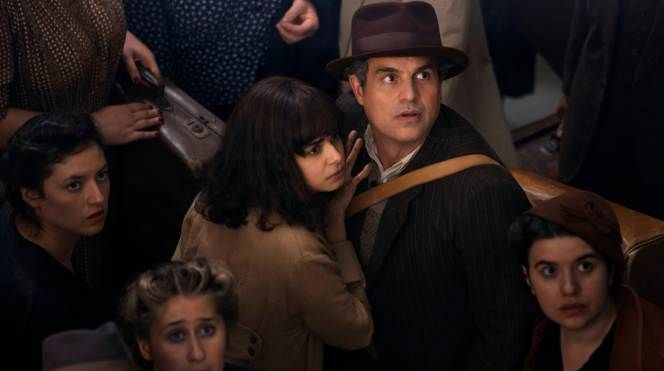
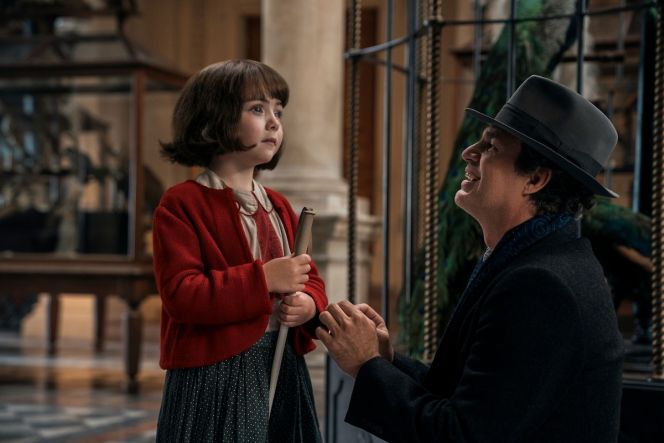
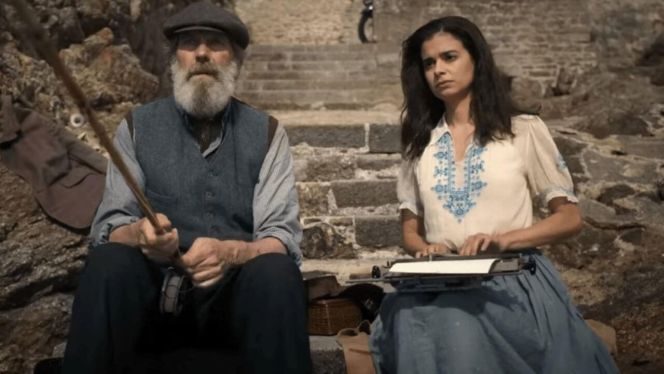
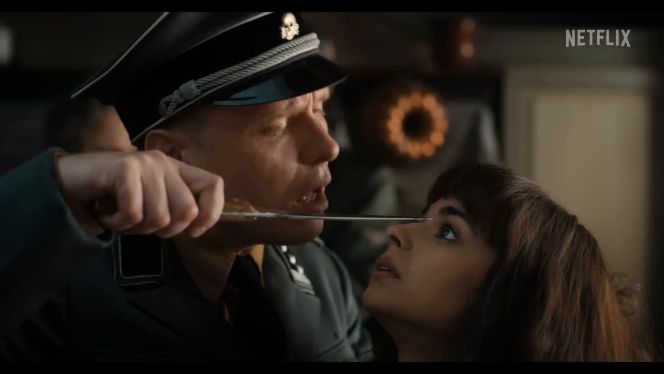
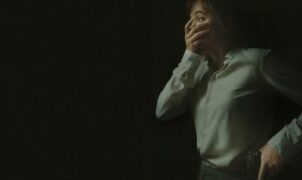
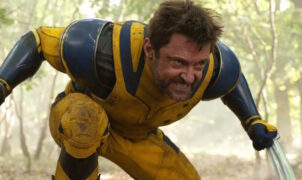
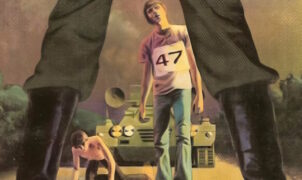
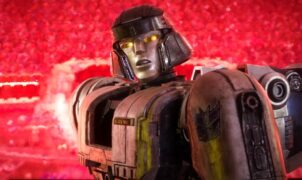
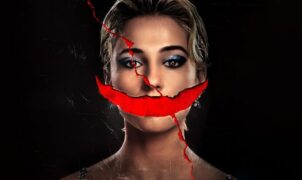

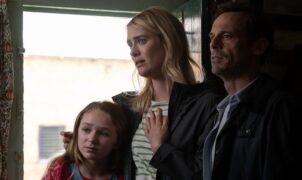
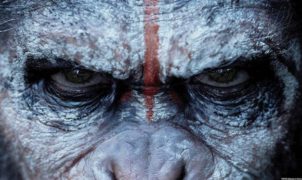
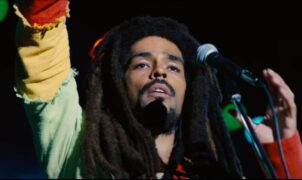
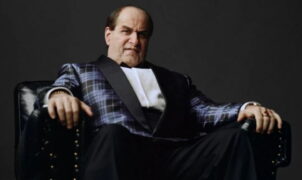
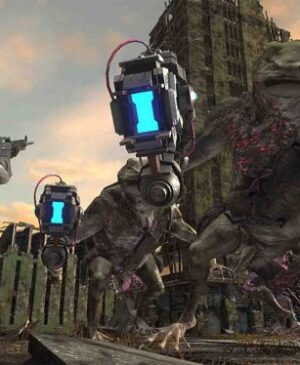


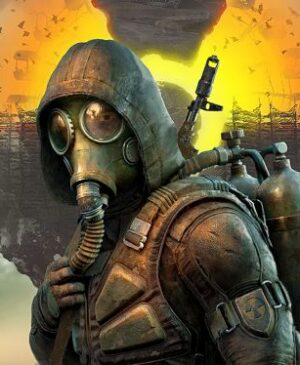
Leave a Reply